ISRAEL ANNOUNCES HISTORIC SETTLEMENT EXPANSION IN OCCUPIED WEST BANK
- by Joshua, Washington, RNG247
- about 7 months ago
- 134 views
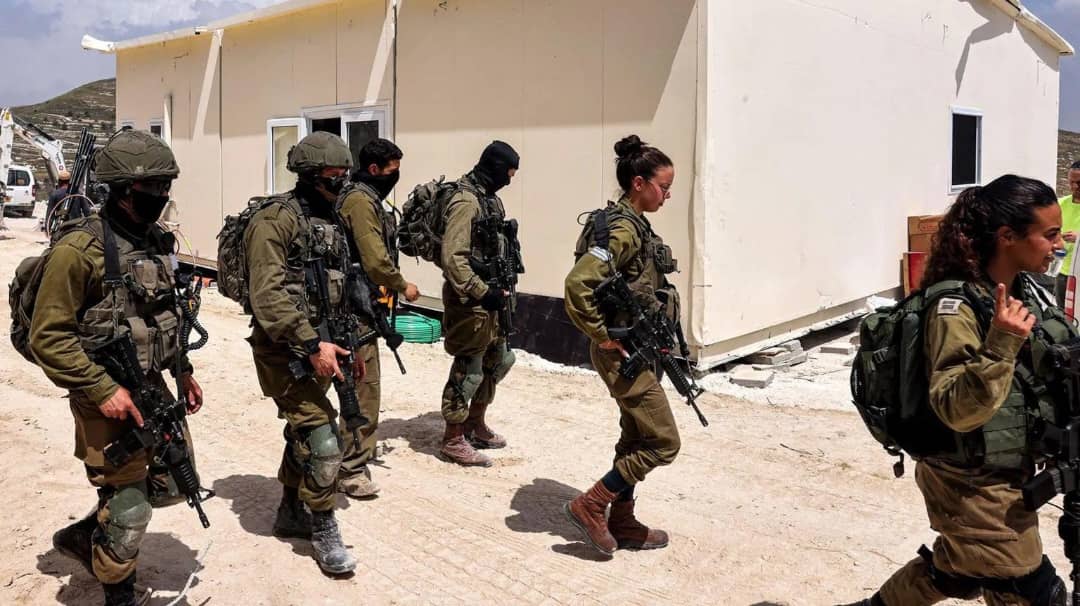
In a sweeping move that has ignited international controversy, Israeli government officials revealed the approval of 22 new settlements within the occupied West Bank—marking the most extensive expansion in several decades. This decision, confirmed by Defence Minister Israel Katz and Finance Minister Bezalel Smotrich, underscores a significant shift in settlement policy, raising alarm among Palestinian leaders and the global community alike.
The announcement comes amid a backdrop of intensified tensions following the Gaza conflict, and signifies a substantial step in Israel’s ongoing settlement enterprise. Several of these outposts already existed—built without official authorization—yet will now be fully legalized under Israeli law. Additionally, a number of entirely new settlements are set to reshape the landscape of the West Bank, a territory Palestinians envision as the future heartland of an independent state.
Official statements from the Israeli ministers framed the decision as a strategic security measure. Katz declared the move as crucial to "prevent the establishment of a Palestinian state that would endanger Israel," while Smotrich described it as a "once-in-a-generation decision" that heralds a potential step toward full sovereignty, boldly proclaiming "Next step: sovereignty!"
The expansion targets key areas across northern Samaria and other strategic locations, with maps circulating suggesting the new settlements will blanket the West Bank. Notably, the move also includes the formal recognition of the return of Homesh and Sa-Nur—settlements in the northern West Bank evacuated during Israel's 2005 Gaza withdrawal. Settlers have since established outposts there, with Homesh now poised for legal approval after years of unofficial status.
Among the new settlements are Mount Ebal, situated near Nablus, and Beit Horon North, located west of Ramallah, where construction has reportedly already begun. Another site, Nofei Prat, previously classified as a neighborhood of Kfar Adumim near Jerusalem, will now be designated as an independent settlement.
Reactions from Palestinian authorities were swift and condemnatory. Palestinian spokesperson Nabil Abu Rudeineh accused Israel of instigating a “dangerous escalation,” alleging that the government continues to hinder Palestinian statehood ambitions, edging the region closer to renewed cycles of violence and instability.
International voices have also condemned the move. Jordan’s Foreign Ministry described the expansion as a "flagrant violation of international law," emphasizing its detrimental impact on peace prospects. UK Foreign Office Minister Hamish Falconer characterized it as a “deliberate obstacle” to Palestinian statehood and regional stability.
NGOs like Peace Now have condemned the expansion as “the most extensive move of its kind” in over 30 years, warning it will “dramatically reshape the West Bank and entrench the occupation even further.” They note that since Israel's establishment of settlements in 1967, approximately 160 communities have been built, housing around 700,000 Jewish residents, amid a Palestinian population of roughly 3.3 million.
Since Prime Minister Benjamin Netanyahu’s return to power in late 2022, settlement activity has surged, coinciding with Israel’s ongoing military actions and the Gaza conflict ignited by Hamas’s October 7 attack. Notably, Netanyahu’s government has approved 49 new settlements over the past year, alongside the legalization of seven unauthorized outposts as neighborhoods.
The international community remains largely opposed to settlement expansion. The International Court of Justice issued an advisory opinion in 2019 deeming Israel's settlements in occupied territories unlawful, calling for their evacuation. However, Israeli officials have dismissed such rulings, with Netanyahu asserting that Israel is not an occupier of its own land.
As global diplomacy seeks to revive hopes for a two-state solution, this latest expansion effectively complicates efforts at peace negotiations. A planned French-Saudi summit at the United Nations next month aims to address the persistent impasse—yet the recent Israeli actions threaten to undermine renewed momentum for Palestinian independence and regional stability.
The geopolitical stakes are high as Israel’s settlement policies continue to shape the contours of conflict and diplomacy in the Middle East.



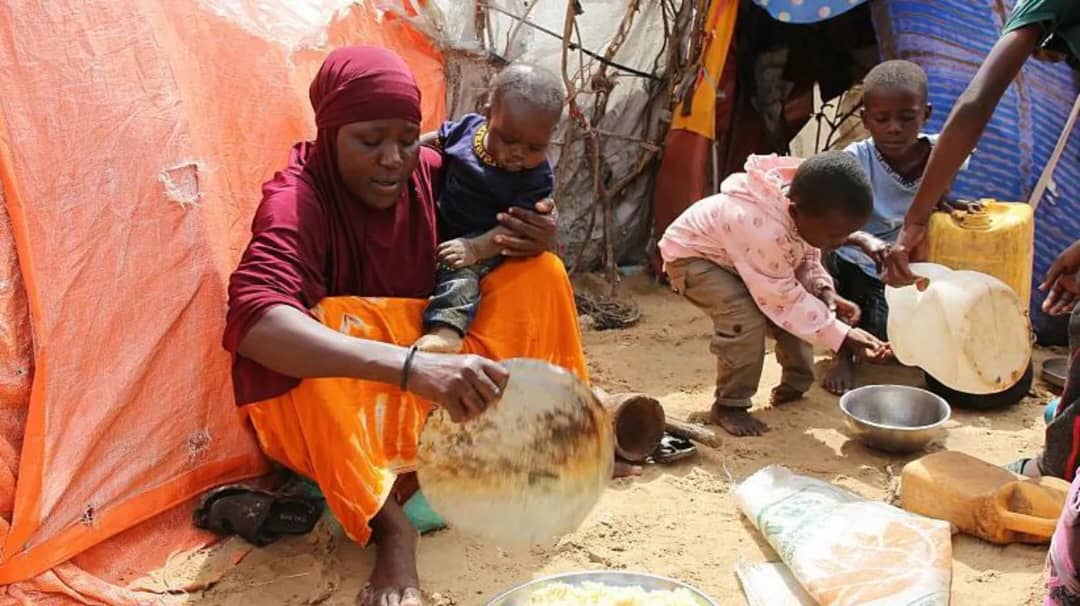
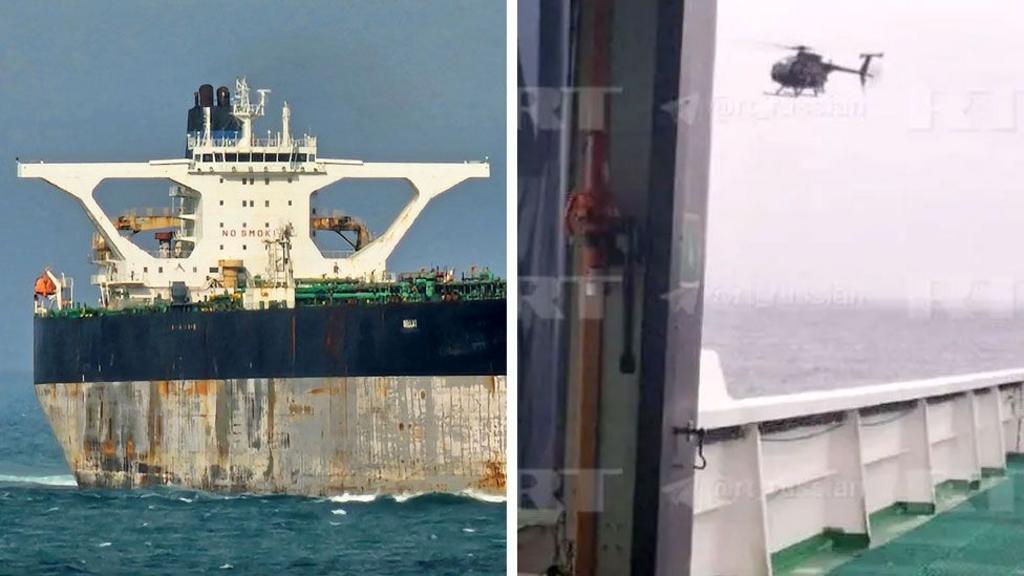
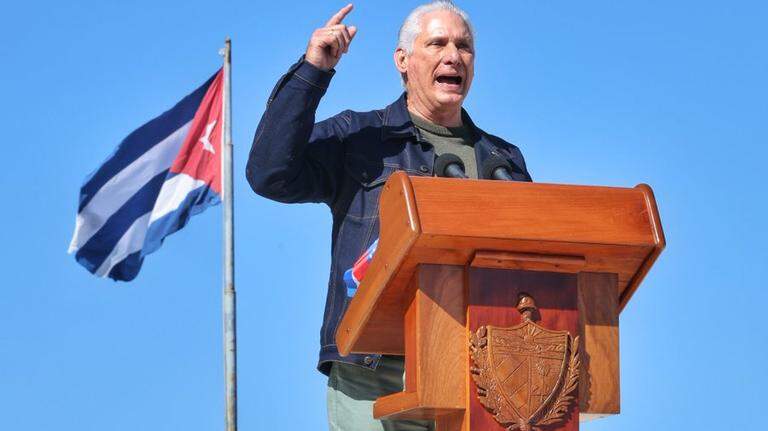
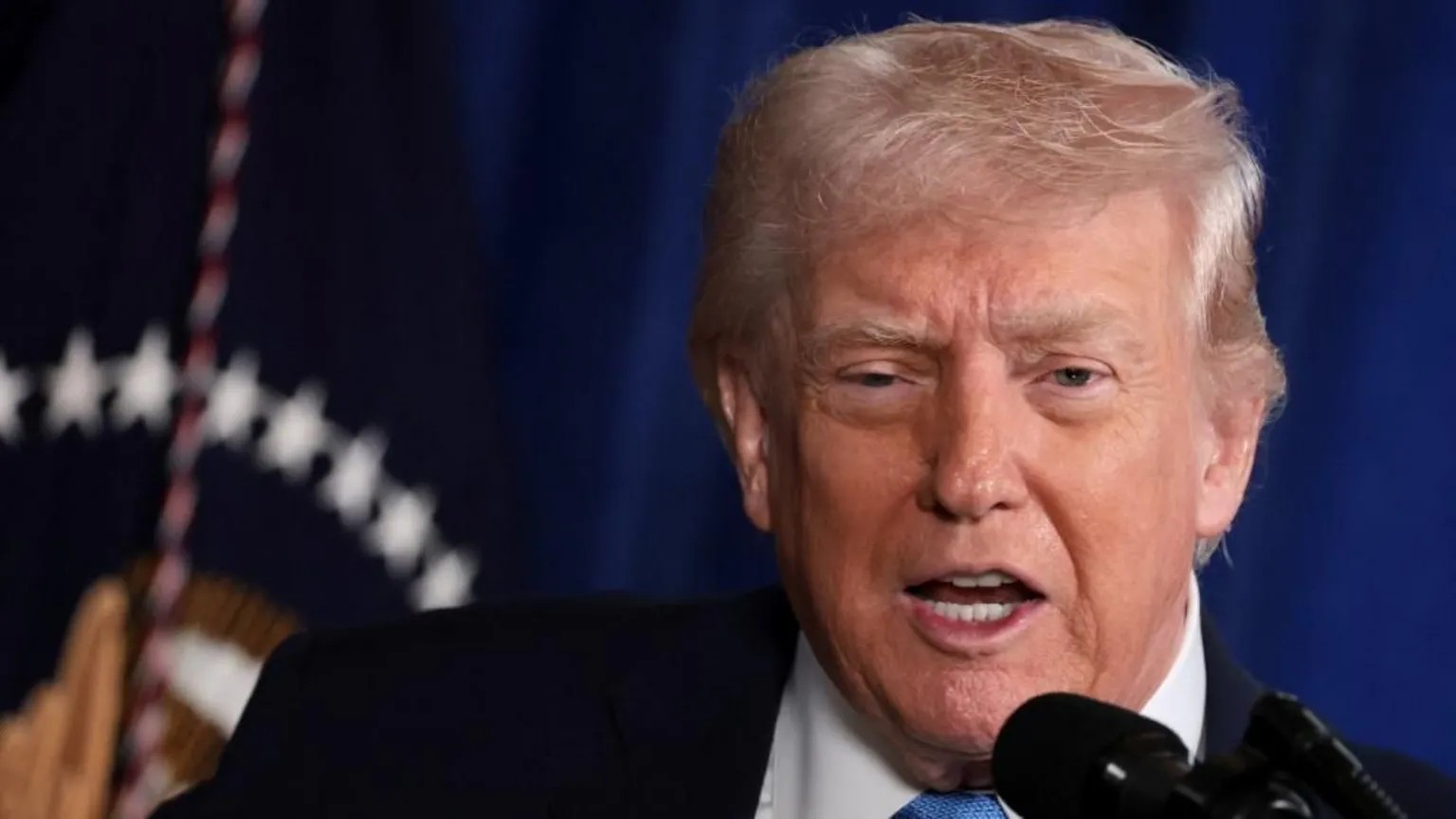
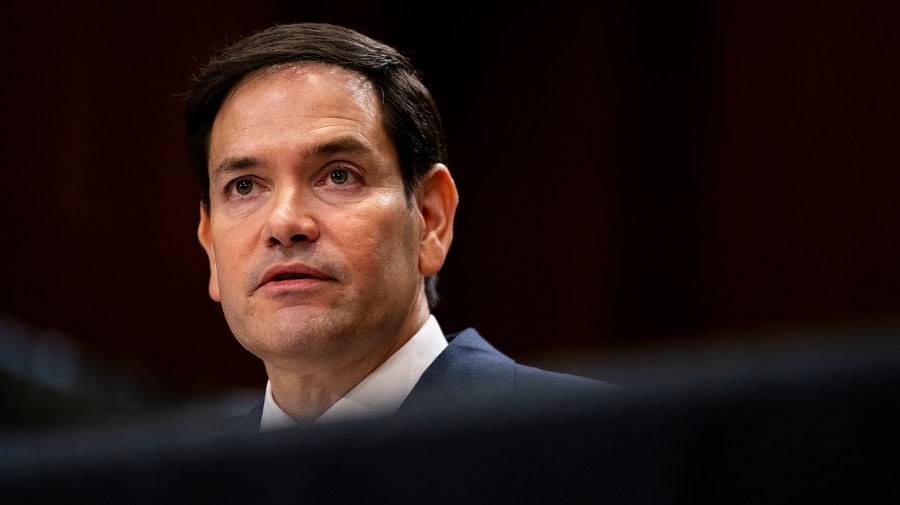
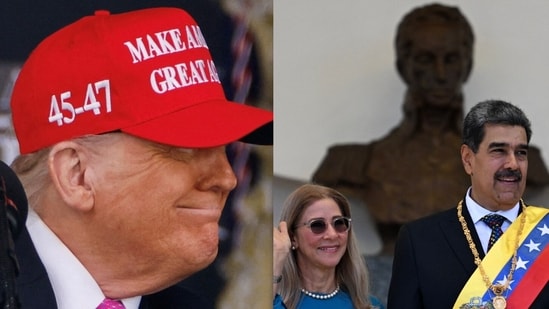
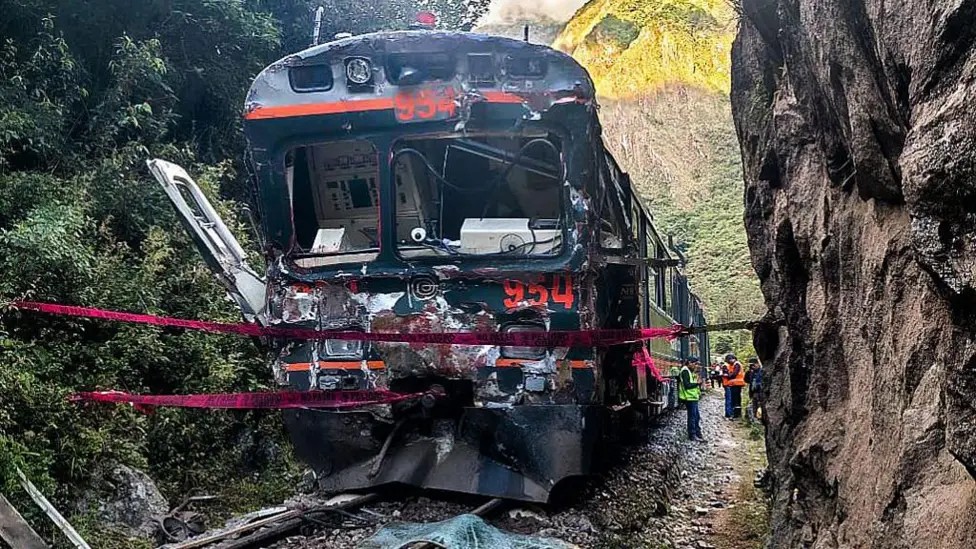
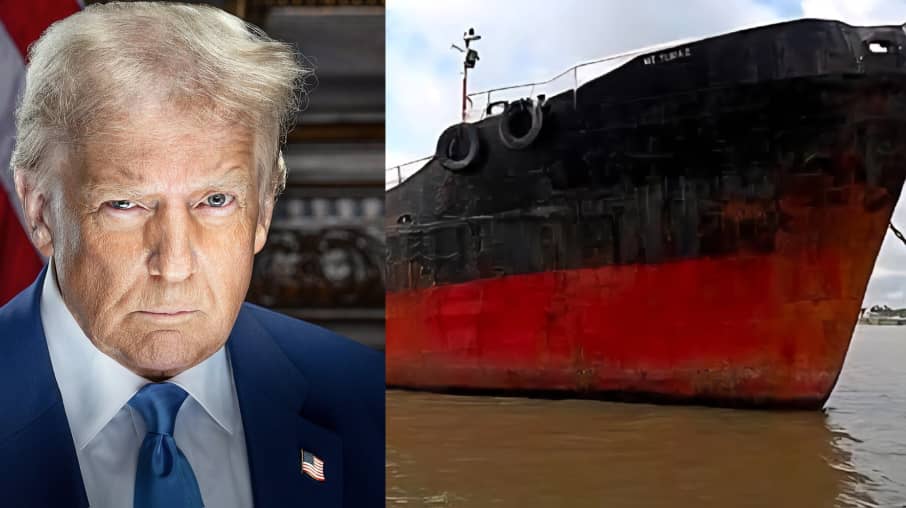
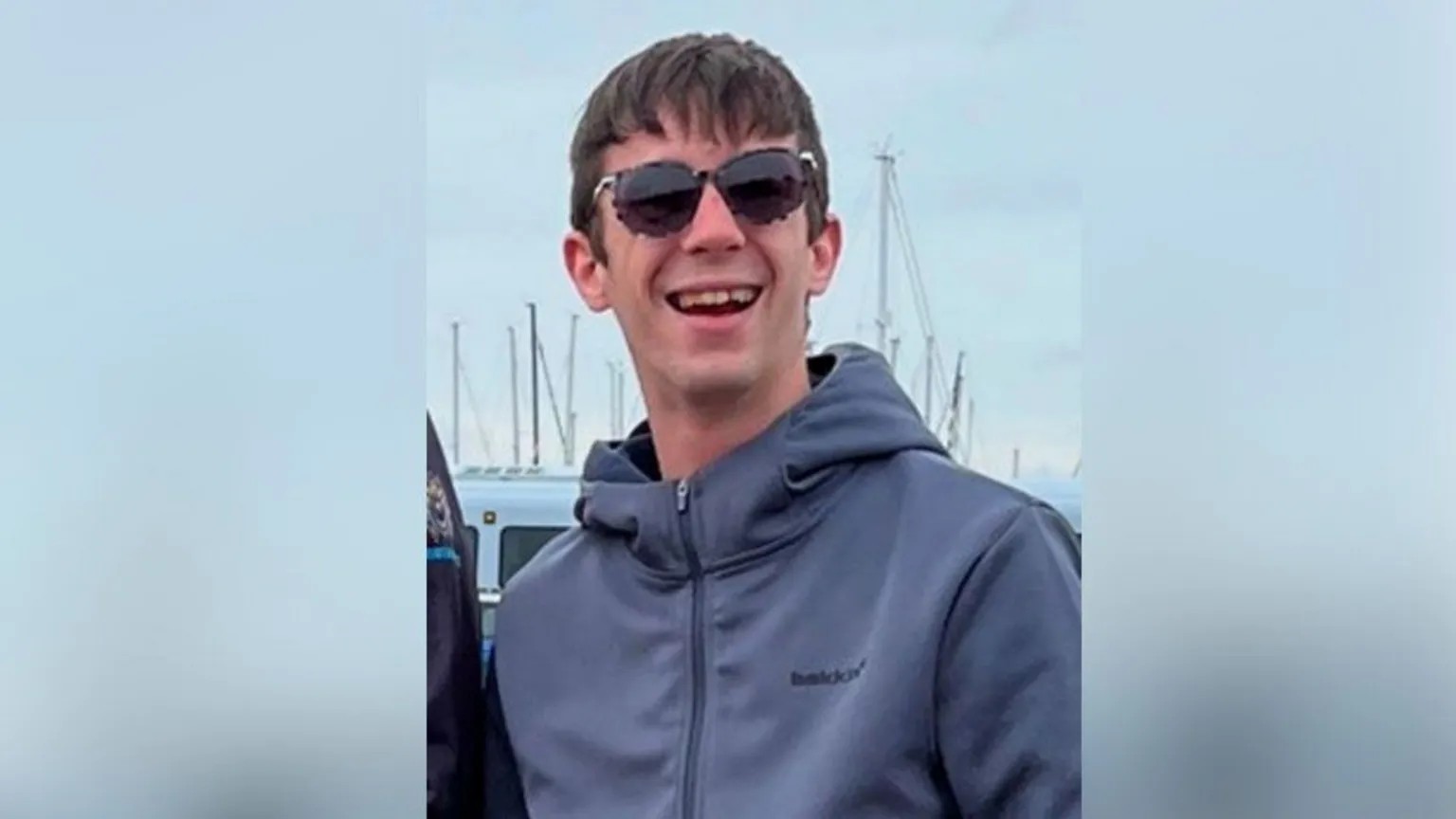

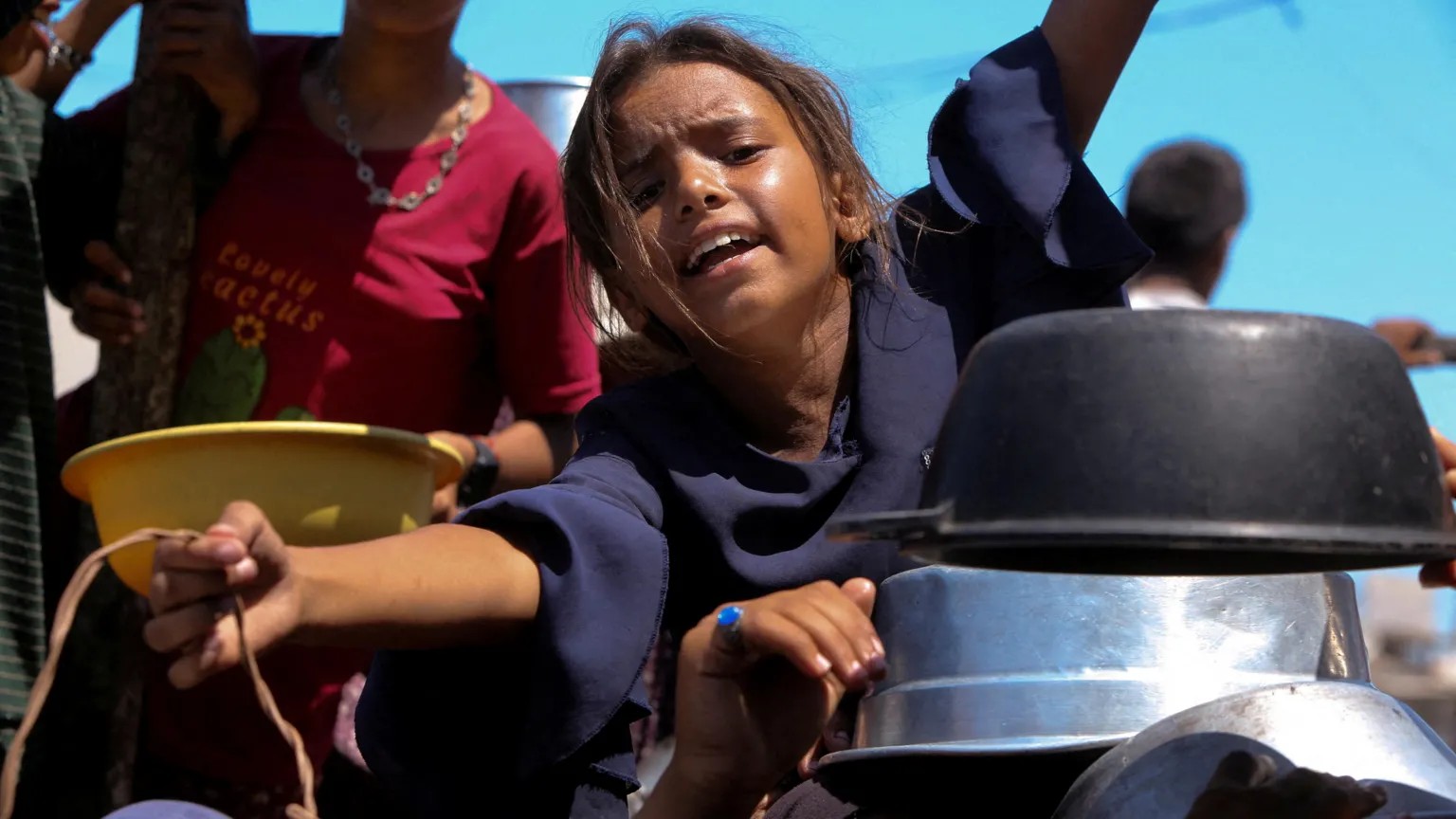
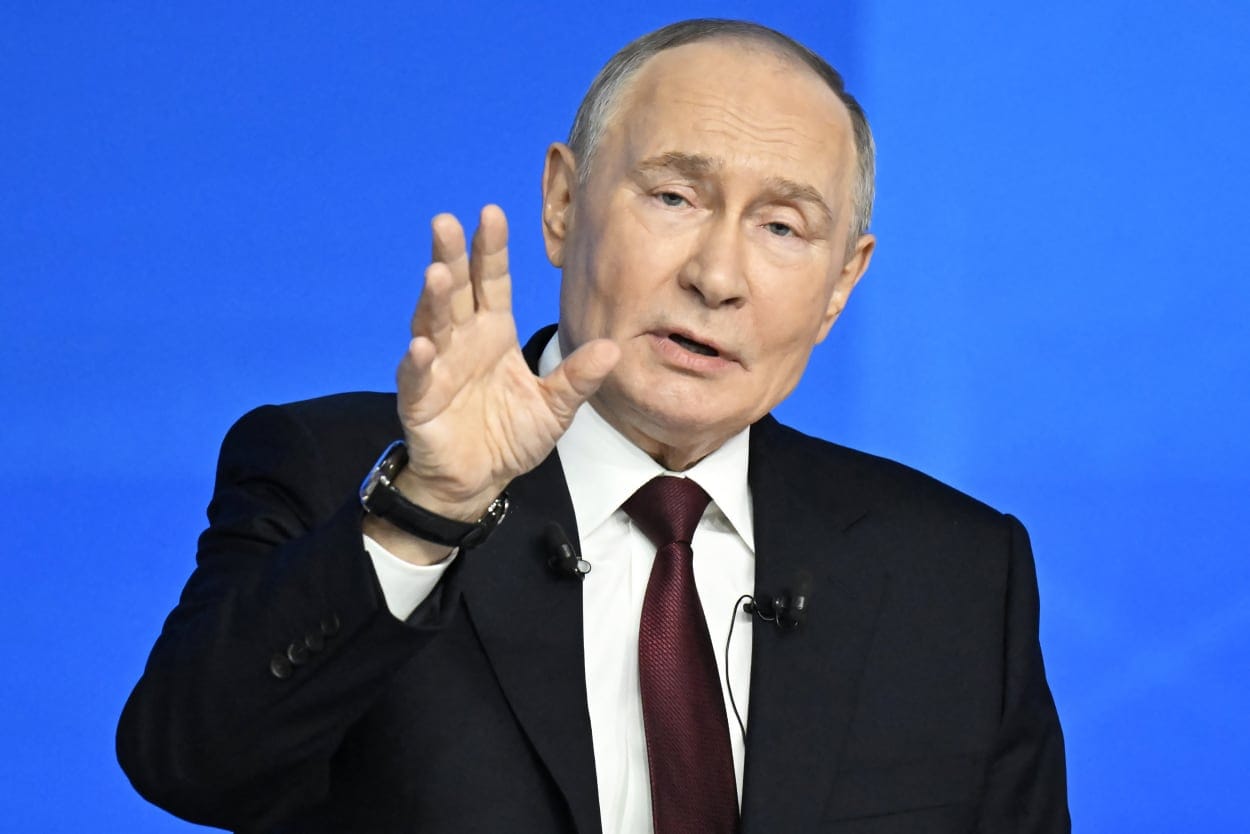

0 Comment(s)